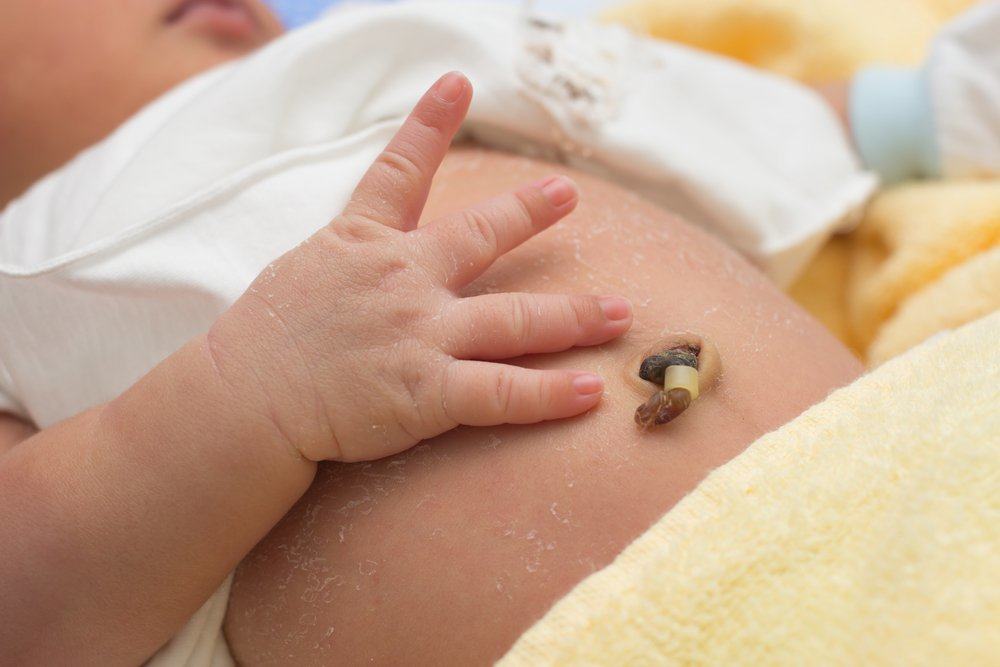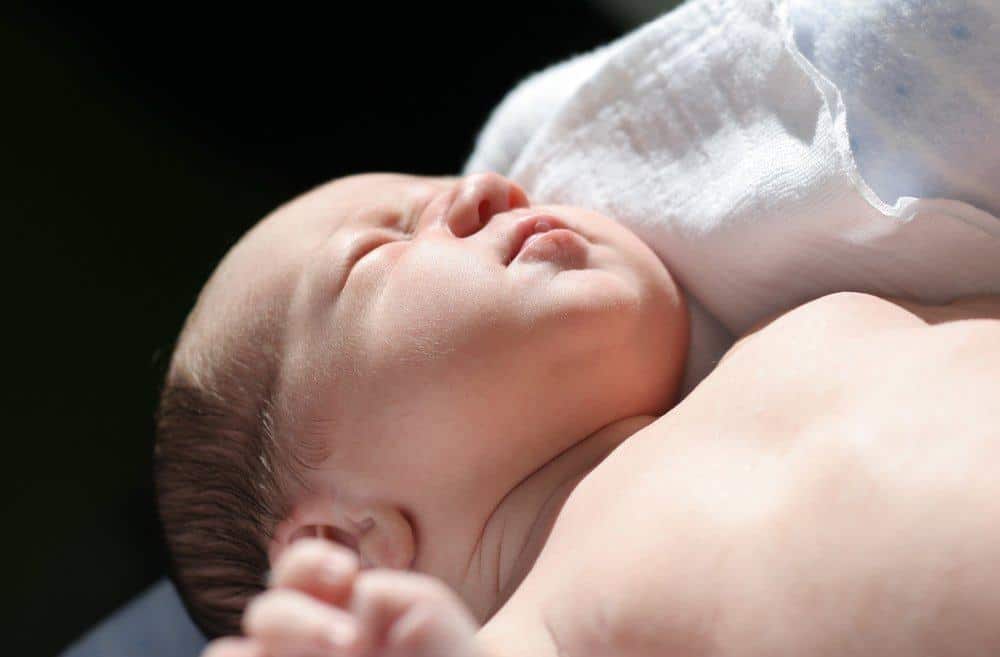Contents:
- What is umbilical cord prolapse?
- What is the result of umbilical cord prolapse?
- What causes umbilical cord prolapse?
- How do you know about umbilical cord prolapse?
- What can be done if umbilical cord prolapse occurs?
The umbilical cord is a channel that connects the mother and fetus. Through the umbilical cord, nutrition and oxygen from the mother can be received by the fetus. Because of its very important function, the existence of a normal and healthy umbilical cord must always be maintained until the baby is born into the world. However, the umbilical cord can also have problems. One of the problems is umbilical cord prolapse. To find out more. We recommend that you refer to the following explanation.
What is umbilical cord prolapse?
Umbilical cord prolapse is a condition in which the umbilical cord is ahead of the baby's head in the cervix or even in your vagina. This can occur before or during birth. The umbilical cord that overtakes the baby's head can block the baby from being born and can also press the baby's umbilical cord. It is this pressure on the umbilical cord that makes umbilical cord prolapse can be a serious problem in infants. As is well known, the umbilical cord is the one that connects the mother and fetus. So, if there is pressure or blockage in the blood flow in the umbilical cord, this can have a serious impact on the health of the baby.
READ ALSO: 4 Things You Need To Do On Baby Umbilical Cord After Birth
Umbilical cord prolapse is very rare, can occur in about 1 in every 300 births. Usually, the problem with the umbilical cord is more common during the birth process. At this time, your baby will move more, so that the position of the umbilical cord can change and cover the exit of the baby to be born.
What is the result of umbilical cord prolapse?
Babies still need adequate supply of nutrients and oxygen when they are in the process of being born. In fact, a few minutes after the baby is born, the umbilical cord can still provide nutrients and oxygen to the baby through the bloodstream. So, if there is a problem with the umbilical cord before the baby is born into the world, of course this can cause the baby to experience problems.
A depressed umbilical cord when the umbilical cord prolapse occurs can cause a decrease in the baby's heart rate and a hampered supply of blood flow to the baby. This means the baby can experience a lack of supply of nutrients and oxygen from the mother. In addition, pressure on the umbilical cord can cause carbon dioxide to accumulate in the baby's bloodstream, which can eventually lead to respiratory acidosis.
If this is not dealt with immediately, the baby may experience a lack of oxygen flow to the brain so that it can cause the baby to run the risk of brain damage. Prolonged umbilical cord prolapse can also cause a baby to be born dead (stillbirth).
What causes umbilical cord prolapse?
Movement of a baby who is very active during the womb or during labor can cause the umbilical cord to be depressed. However, the most common cause of umbilical cord prolapse is premature rupture of the membranes. The amniotic sac that ruptures just before the baby is born or before the baby's head is completely in the cervix can increase your risk of experiencing cord prolapse.
Other causes of umbilical cord prolapse are:
- Premature birth
- Twin pregnancy
- Excess amniotic fluid (hydramnios)
- The baby is in a breech position
- The umbilical cord is longer than usual
READ ALSO: What Causes Rupture of Amniotic Before the Time?
How do you know about umbilical cord prolapse?
You can find out if you have an umbilical cord prolapse during pregnancy by checking your pregnancy to a doctor. Doctors can detect this in several ways. When giving birth, the doctor will use a device to monitor the fetal heart, whether the fetal heart rate is normal. If there has been a problem with the umbilical cord, the baby's heart rate will slow down (less than 120 times per minute) or the baby will experience bradycardia. To check this umbilical cord problem, your doctor can also check your pelvis. The doctor will see or feel your pelvis, is there an umbilical cord in it. If present, the doctor may immediately take action.
What can be done if umbilical cord prolapse occurs?
Because umbilical cord problems can cause very serious problems with the baby, treatment of umbilical cord prolapse must be done as soon as it is known. The doctor may keep the fetus away from the umbilical cord to reduce pressure on the umbilical cord so that it can reduce the risk of lack of oxygen in the baby. In some cases, the doctor may take action to give birth to your baby immediately by caesarean section. If umbilical cord prolapse is not treated as quickly as possible, the impact that can be received by the baby can be greater, such as brain damage or death.
READ ALSO: How Many Times Are Caesareans a Woman Can Live?












